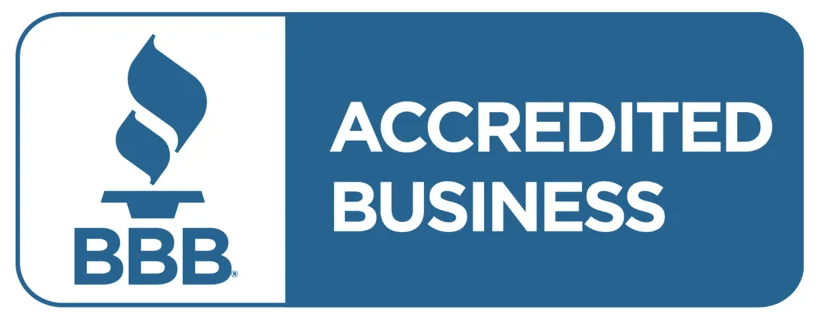Tax planning is a proactive approach to reducing your tax burden legally. It involves structuring your finances strategically so you can keep more of your money while remaining compliant with tax laws. Unlike tax preparation—which focuses on filing returns—tax planning is year-round and involves:
- Identifying deductions and credits
- Timing income and expenses strategically
- Structuring investments for maximum tax efficiency
- Leveraging tax loopholes to your advantage
What Are Tax Loopholes?
Tax loopholes are legal provisions in the tax code that allow taxpayers to reduce their taxable income. These aren’t “gray areas” or illegal shortcuts—they are government-approved strategies designed to encourage financial growth, business investments, and economic stability.
Common Tax Loopholes That Can Save You Money
✅ Business Deductions for Entrepreneurs – If you run a business or side hustle, you can deduct:
- Home office expenses
- Business travel costs
- Office supplies & equipment
✅ Retirement Contribution Strategies – Contributions to Traditional IRAs, SEP IRAs, or 401(k)s lower your taxable income while growing your wealth.
✅ Real Estate Tax Breaks – Property owners can leverage:
- Depreciation deductions
- Mortgage interest deductions
- 1031 exchanges to defer capital gains tax
✅ Income Splitting – Shifting income to family members in lower tax brackets can reduce overall tax liability.










